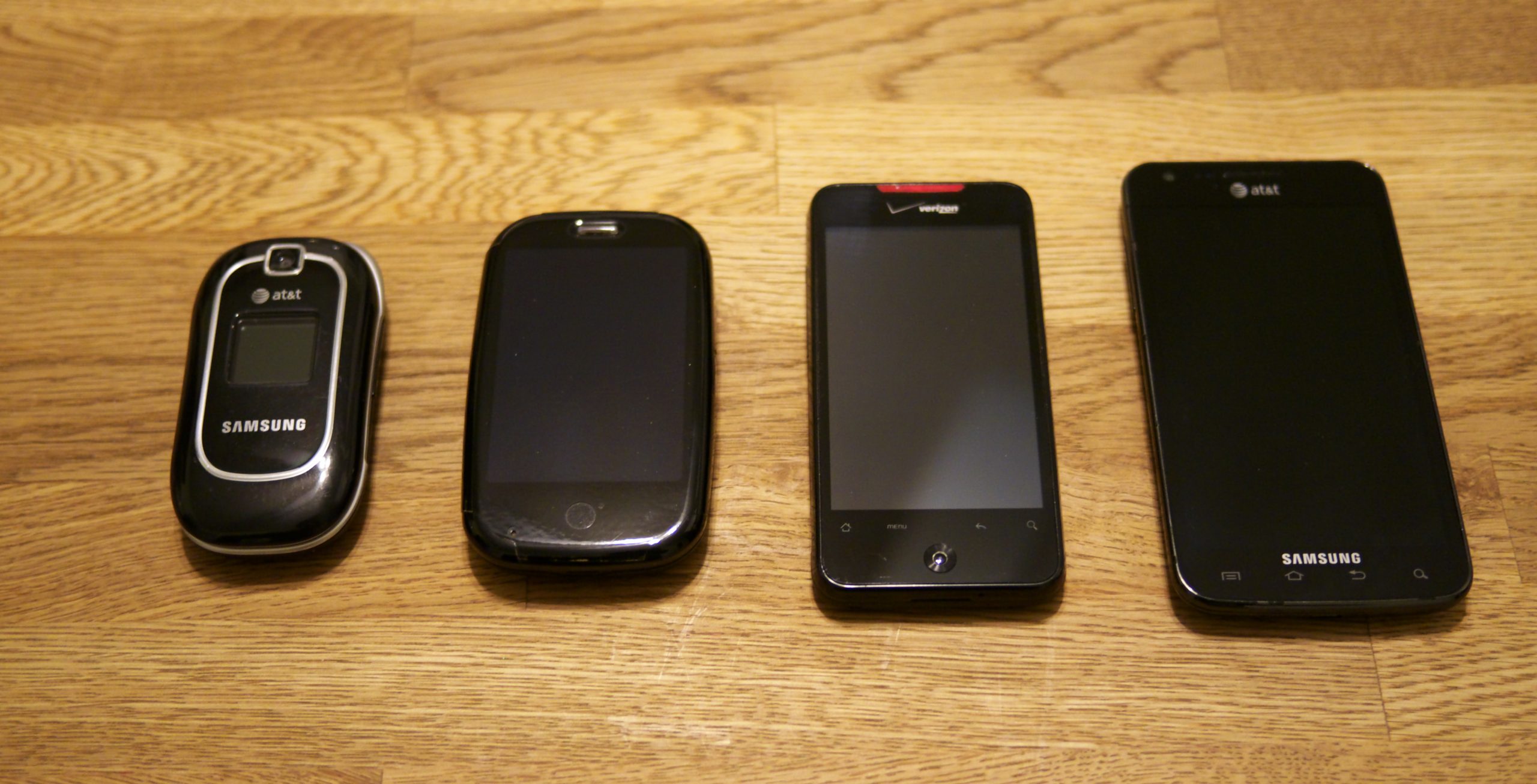In popular culture, a “burner” phone is a pre-paid cell phone which can be “purchased without providing a name or Social Security number.” Also known as a “dope” phone, it is typically a low-cost disposable device purchased with cash, without a contract, and, therefore, which has no “subscriber” or “owner” information associated with it. In contrast, phones purchased on a contract or lock-in basis require the submission of identity and basic contact information to the service provider for billing and related purposes…
The Denver Journal of International Law & Policy is one of the oldest international law journals in the United States and is ranked internationally. It is managed and edited by students at the University of Denver Sturm College of Law.


